Filter by
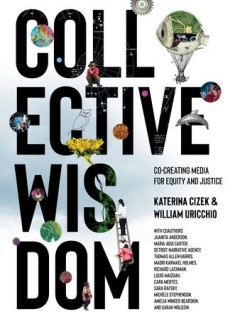
Collective wisdom :co-creating media for equity and justice
"Collective Wisdom tracks co-creation in media-making, efforts that reach beyond limits of singular authorship, an ancient and under-documented practice"--OCLC-licensed vendor bibliographic record.
- Edition
- -
- ISBN/ISSN
- 0262369869
- Collation
- 1 online resource.
- Series Title
- -
- Call Number
- -
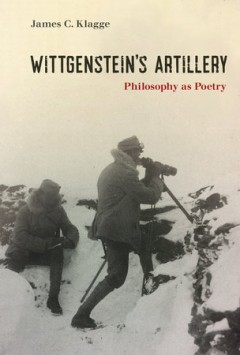
Wittgenstein's artillery :philosophy as poetry
"Original interpretation of Wittgenstein's life and work. Argues that W's military experience in WWI subtly influenced his conception of how philosophy should be understood and practiced"--OCLC-licensed vendor bibliographic record.
- Edition
- -
- ISBN/ISSN
- 0262365545
- Collation
- 1 online resource.
- Series Title
- -
- Call Number
- -
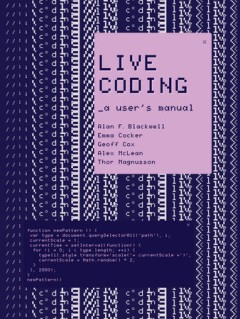
Live coding :a user's manual
"A multi-authored comprehensive introduction to live coding's potential open up deeper questions about contemporary cultural production and computational culture"--OCLC-licensed vendor bibliographic record.
- Edition
- -
- ISBN/ISSN
- 9780262372633
- Collation
- 1 online resource.
- Series Title
- -
- Call Number
- -
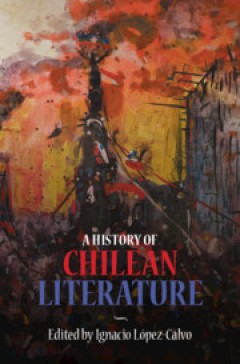
A History of Chilean Literature
This book covers the full range and diversity of Chilean literature from the times of the Spanish conquest to the present. By emphasizing transnational, hemispheric, and global approaches to Chilean literature, it reflects the relevance of themes such as neoliberalism, migration and exile, as well as subfields like ethnic studies, and gender and sexuality studies. It showcases the diversity of …
- Edition
- -
- ISBN/ISSN
- 9781108766616
- Collation
- -
- Series Title
- -
- Call Number
- -
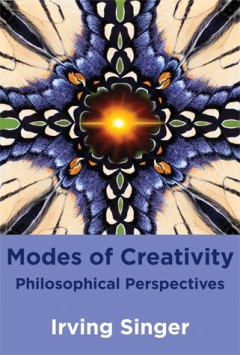
Modes of Creativity: Philosophical Perspectives
Philosophical reflections on creativity in science, humanities, and human experience as a whole.In this philosophical exploration of creativity, Irving Singer describes the many different types of creativity and their varied manifestations within and across all the arts and sciences. Singer's approach is pluralistic rather than abstract or dogmatic. His reflections amplify recent discoveries in…
- Edition
- -
- ISBN/ISSN
- 9780262295765
- Collation
- 1 online resource (xvi, 309 pages)
- Series Title
- -
- Call Number
- -
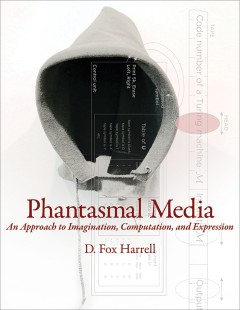
Phantasmal Media: An Approach to Imagination, Computation, and Expression
"In Phantasmal Media, D. Fox Harrell considers the expressive power of computational media. He argues, forcefully and persuasively, that the great expressive potential of computational media comes from the ability to construct and reveal phantasms -- blends of cultural ideas and sensory imagination. These ubiquitous and often-unseen phantasms -- cognitive phenomena that include sense of self, m…
- Edition
- -
- ISBN/ISSN
- 9781461952176
- Collation
- 1 online resource (xix, 420 pages) :illustrations
- Series Title
- -
- Call Number
- -

On Style : An Atelier
Scholarship in medieval studies of the past 20 or so years has offered some provocative experiments in, and elegant exempla of, style. Scholars such as Anne Clark Bartlett, Kathleen Biddick, Catherine Brown, Brantley Bryant, Michael Camille, Jeffrey Jerome Cohen, Carolyn Dinshaw, James Earl, L.O. Aranye Fradenburg, Roberta Frank, Amy Hollywood, Cary Howie, C. Stephen Jaeger, Eileen Joy, Anna Kl…
- Edition
- -
- ISBN/ISSN
- 9780615934020
- Collation
- -
- Series Title
- -
- Call Number
- 700 STY
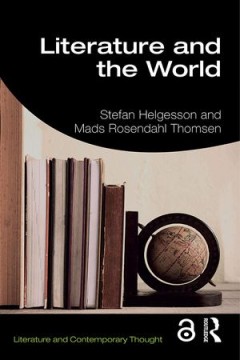
Literature and the World
Literature and the World presents a broad and multifaceted introduction to world literature and globalization. The book provides a brief background and history of the field followed by a wide spectrum of exemplary readings and case studies from around the world. Amongst other aspects of World Literature, the authors look at:New approaches to digital humanities and world literatureEcologies of w…
- Edition
- -
- ISBN/ISSN
- 9780815384649
- Collation
- 180 halaman
- Series Title
- -
- Call Number
- 800 HEL l
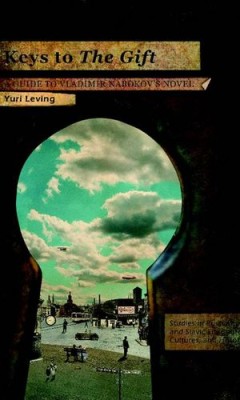
Keys to The Gift : A Guide to Vladimir Nabokov's Novel
"Yuri Leving’s Keys to The Gift: A Guide to Vladimir Nabokov’s Novel is a new systematization of the main available data on Nabokov’s most complex Russian novel, The Gift (1934–1939). From notes in Nabokov’s private correspondence to scholarly articles accumulated during the seventy years since the novel’s first appearance in print, this work draws from a broad spectrum of existing …
- Edition
- -
- ISBN/ISSN
- 9781618117045
- Collation
- -
- Series Title
- -
- Call Number
- 800 LEV k
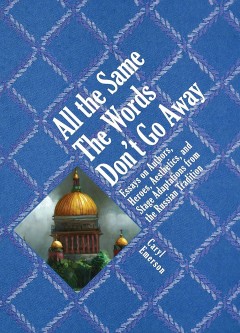
All the Same The Words Don't Go Away : Essays on Authors, Heroes, Aesthetics,…
Twenty-five years of essays and reviews, linked loosely by three themes. First is the creative potential inherent in transposing classic literary texts into other genres of media (operatic, dramatic) and the responsibilities, if any, that govern the transposer, audience, and critic. The practice of transposition, however, gives rise to a creative conflict: is there a limit to the amount of orna…
- Edition
- -
- ISBN/ISSN
- 9781934843819
- Collation
- -
- Series Title
- -
- Call Number
- 800 EME a
 Computer Science, Information & General Works
Computer Science, Information & General Works  Philosophy & Psychology
Philosophy & Psychology  Religion
Religion  Social Sciences
Social Sciences  Language
Language  Pure Science
Pure Science  Applied Sciences
Applied Sciences  Art & Recreation
Art & Recreation  Literature
Literature  History & Geography
History & Geography